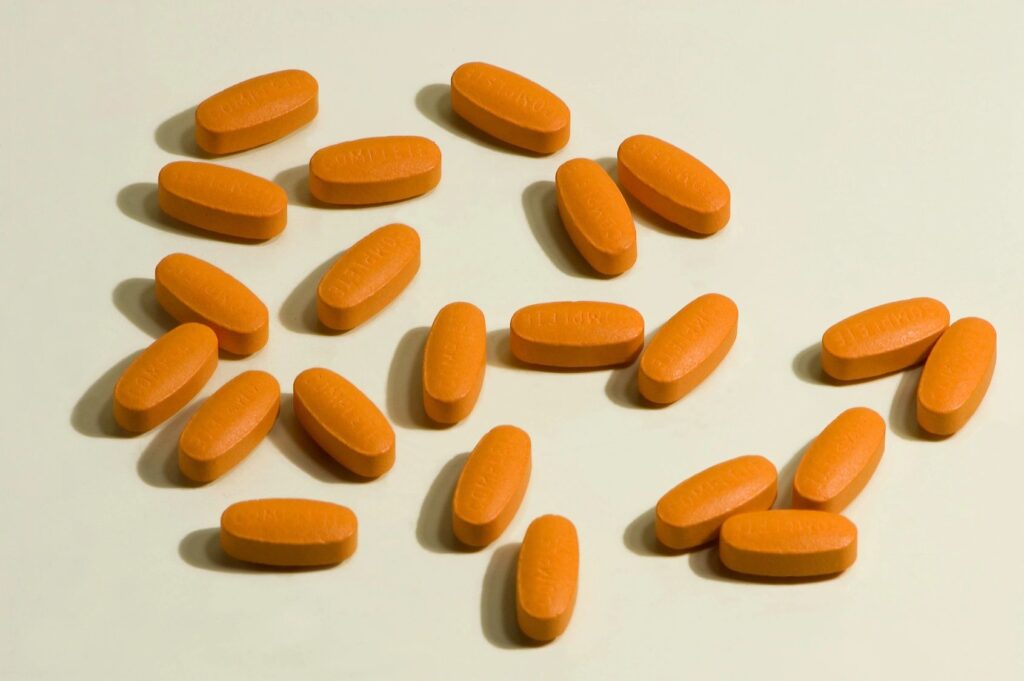
What are the best prenatal vitamins?

Prenatal vitamins are also known as pregnancy vitamins. Prenatal vitamins come in many different shapes, sizes and flavors. People often ask what is the best prenatal vitamin. In my experience the best prenatal vitamin is one that you can stomach and remember to take on a daily basis and is cost-effective.
The American College of Obstetrics and Gynecology (ACOG) published the below guidelines on prenatals and nutrition during pregnancy. Any good prenatal should meet the below nutritional recommendations.
Key Vitamins and Minerals During Pregnancy
| Nutrient (Daily Recommended Amount) | Why You and Your Fetus Need It | Best Sources |
| Calcium (1,300 milligrams for ages 14 to 18; 1,000 milligrams for ages 19 to 50) | Builds strong bones and teeth | Milk, cheese, yogurt, sardines, dark green leafy vegetables |
| Iron (27 milligrams) | Helps red blood cells deliver oxygen to your fetus | Lean red meat, poultry, fish, dried beans and peas, iron-fortified cereals, prune juice |
| Iodine (220 micrograms) | Essential for healthy brain development | Iodized table salt, dairy products, seafood, meat, some breads, eggs |
| Choline (450 milligrams) | Important for development of your fetus’s brain and spinal cord | Milk, beef liver, eggs, peanuts, soy products |
| Vitamin A (750 micrograms for ages 14 to 18; 770 micrograms for ages 19 to 50) | Forms healthy skin and eyesight Helps with bone growth | Carrots, green leafy vegetables, sweet potatoes |
| Vitamin C (80 milligrams for ages 14 to 18; 85 milligrams for ages 19 to 50) | Promotes healthy gums, teeth, and bones | Citrus fruit, broccoli, tomatoes, strawberries |
| Vitamin D (600 international units) | Builds your fetus’s bones and teeth Helps promote healthy eyesight and skin | Sunlight, fortified milk, fatty fish such as salmon and sardines |
| Vitamin B6 (1.9 milligrams) | Helps form red blood cells Helps body use protein, fat, and carbohydrates | Beef, liver, pork, ham, whole-grain cereals, bananas |
| Vitamin B12 (2.6 micrograms) | Maintains nervous system Helps form red blood cells | Meat, fish, poultry, milk (vegetarians should take a supplement) |
| Folic acid (600 micrograms) | Helps prevent birth defects of the brain and spine Supports the general growth and development of the fetus and placenta | Fortified cereal, enriched bread and pasta, peanuts, dark green leafy vegetables, orange juice, beans. Also, take a daily prenatal vitamin with 400 micrograms of folic acid. |
Prenatal vitamins are important because they supply minerals and vitamins that support the baby’s development. One of the most important ingredients in a prenatal vitamin is folic acid. Folic acid can decrease the risk of birth defects such as spina bifida. You should make sure that whatever prenatal vitamin you decide to take, it has at least 600 micrograms of folic acid. In some situations your OB/GYN may recommend more folic acid, such as if you had a child with a neural tube defect. Every woman should consult with their OB/GYN to determine their specific nutritional requirement and recommended supplements and vitamins.
It is also important that the prenatal vitamins contain iron. Pregnancy often times results in anemia. Having enough iron before and during pregnancy will help make sure you have an adequate supply of red blood cells. Many women like to take gummy prenatal vitamins because let’s face it they are tastier and easier to swallow. However many of the gummy prenatal vitamins do not contain iron. You should double check the ingredients before you purchase them.
In general if you are trying to get pregnant or pregnant you take a prenatal vitamin instead of a multivitamin. Multivitamins can sometimes have ingredients that may be harmful in pregnancy such as a high level of vitamin A.


